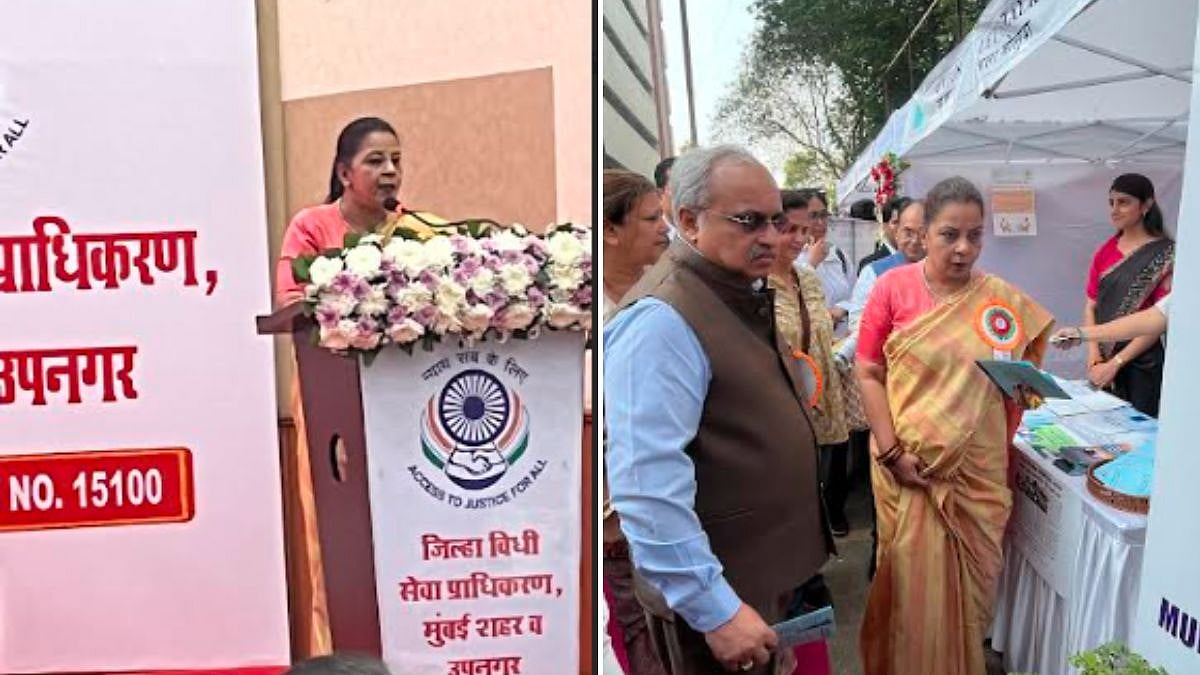Cut to size
Clipping the wings of a minister by stripping him of important departments has raised a political storm across the state. The reasons behind reducing the minister's weight in the cabinet have been discussed at different forums. There are, however, two important factors behind the decision to cut the minister to size. A decision taken in favour of a mining firm owner affected an IAS officer as well as the minister. It was because of the decision that the IAS officer was removed from his department. As it was done on the minister's advice, he, too, had to bear the brunt. An issue related to the excise department, which raised a din in the minister's home district, was another reason behind the higher-ups' plan to strip him of powers. There is a strife among the liquor contractors in the minister's home district. Many politicians take keen interest in liquor trade there. And this is another reason behind the troubles the minister is facing.
.png)
High hopes
An assignment given to a Principal Secretary (PS) has rekindled his hopes of getting an important department. About the PS it is said that the government is angry with him. A social media post is weighing heavy on him. All his efforts to convince the higher-ups, that he was innocent, fell through. Besides he is being blamed for the disputes that occurred in his department. Despite all this, when the PS was given the charge of a division, he was optimistic about getting an important position. The officer thinks that the government's annoyance at him is dying out, but he has been told that he was given the assignment because of his seniority. Nevertheless, the Sahib is hopeful of getting an important department. The PS has set his eye on the departments of an officer posted in the CM's secretariat. He is desirous of getting the departments when the officer in the CM's Secretariat holding them is given a higher position.

Many suitors
As a Principal Secretary (PS) is going to the Centre on deputation, three departments functioning under him will be headless. So, three officers have to be posted there. Out of the three, the officers are not keen on joining two, but most of them have set their eyes on one department. A few officers are making efforts to get a posting in the department. An IAS officer is using his political connections to get that position. Previously, he showed a lot of interest in getting posting to the department. Because the Sahib is not holding any important position now, he wants to join this department. Likewise, another officer, heading an important department, is taking feedback about whose name is doing the rounds for the much-desired position. But there are reports that the head of the state may post an officer of his choice.
.png)
Waiting for transfer
A low-profile Principal Secretary (PS) is waiting for transfer. The PS expected it after the Lok Sabha election, but there was such an important work that he had to stay back in the department. The Sahib thinks if he is not transferred this time, a situation may again force him to stay back in the department. The PS, considered one of the upright officers, is on good terms with the head of the state. Yet, he has not been transferred for some unknown reasons. There are reports that the government is yet to find a substitute for the PS. In the department, where he is working, a particular process for posting is followed. Ergo, once the higher-ups find a substitute for him, they will free him.

Lacklustre attitude
An officer has spoiled an important project. He does not take any decision. His indecisiveness has slowed it down. The contractor, working for the project, is also fed up with the Sahibís lacklustre attitude towards work. There are reports that the Sahib is always busy gossiping with his female colleagues in his cabin. Every employee in the department chinwags about his nature. He neither takes any interest in work nor meets anyone. He was transferred to the department because of the support of a PS-rank officer, but nobody is happy with his manner of handling the project. They are somehow putting up with him. The Sahib was removed from a department because of his indecisiveness. It may halt the progress of the important project he is handling.
.png)
Chhupa Rustam!
A senior bureaucrat calls himself upright, and criticises his colleagues for their alleged trickery. The way he beats his own trumpet makes others believe that few are as honest as the officer is. Two recent cases, however, indicated that the officer is a Chhupa Rustam (a person who is very clever but does not appear so). The Sahib recently made a lot of carrots through a deal that he had straight entered into with some businessman. He kept a file on his table for a long time. Although there was a lot of pressure on him to sign off the file, he did not do so. The person who the file was concerned with tried to get the work done through his clouts, but his efforts failed. One day, the Sahib suddenly disposed of the case. When some people tried to find the reasons for the sudden change in the Sahibís behaviour, they came to know that he had entered into a deal straight with the party. Now, those who were searching for mediators to get their work done, have planned to enter into a deal directly with the Sahib.




